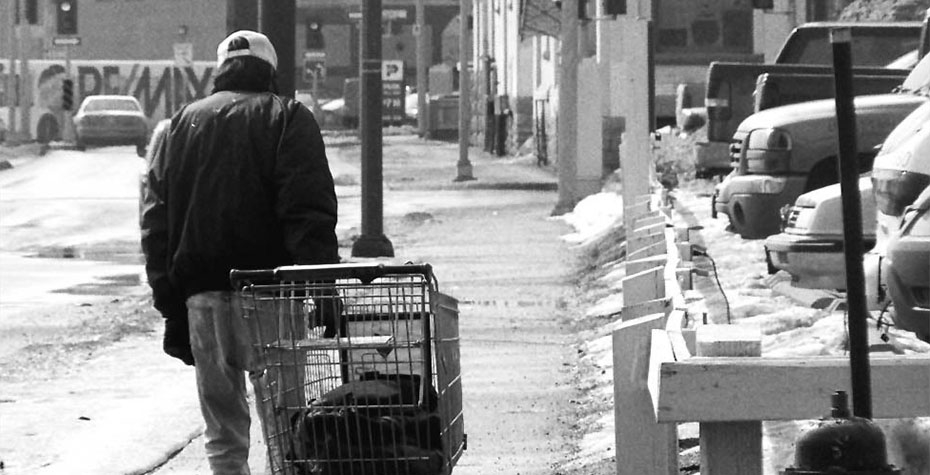FiveThirtyEight Highlights Wellesley Professor’s Research Among "Most Interesting Presentations" at AEA Annual Meeting

Low-income families were harder hit in the recent economic downturn than in past economic downturns, in part because of changes to government safety-net programs -- this was a key finding in a new research paper co-authored by Wellesley’s Kristin Butcher ’86, Marshall I. Goldman Professor of Economics and Chair of the Economics Department. The paper was recently highlighted on the popular FiveThirtyEight blog in a roundup of “the most interesting presentations” at the American Economic Association’s annual meeting.
“This recession was the deepest since the Great Recession, and only the second downturn since welfare reform, so it is critical to understand how the safety net performs during a severe downturn,” Butcher said in an email. “Cash welfare programs used to rise in bad economic times, but it no longer appears to have a countercyclical role.”
Butcher’s paper, written with National Bureau of Economic Research (NBER) colleagues Diane Whitmore Schanzenbach ‘95, now a professor at Northwestern University, and Patricia Anderson of Dartmouth College, studied time impact of “social safety net” programs and the “weakening social safety net... as a key factor explaining why this recession hit so hard.”
“The major safety net programs are meant to buffer us against bad economic times,” Butcher explained. “This paper gives insight into how the safety net performed, and how that varied by household income-to-poverty levels, during the Great Recession -- the biggest economic downturn since the Great Depression.”
She continued, “We found that participation in what most people think of as "welfare" -- the cash transfers in the "Temporary Assistance for Needy Families" program -- did not change with the Great Recession. However, participation in SNAP (formerly known as food stamps), Earned Income Tax Credit, and Unemployment Insurance shifted up at each income-to-poverty level -- meaning that for a given income level, participation was higher in these programs than before the Great Recession and these programs comprised a larger share of households' resources.”
Food insecurity, which she called “a measure of economic distress” was also an issue, it rose for every income-to-poverty level examined.
“Despite the expansion in the safety net, low-income households experienced substantial economic distress,” Butcher said. “Interestingly, those households that are above the poverty line -- those for whom unemployment insurance and earned income tax credit played a larger role, had the larger increases in economic distress with the Great Recession.”
Read a summary of the work, as presented at the meeting by Diane Schanzenbach ‘95, in “Economists Are Finally Reconnecting With The Real World” on FiveThirtyEight.com.
